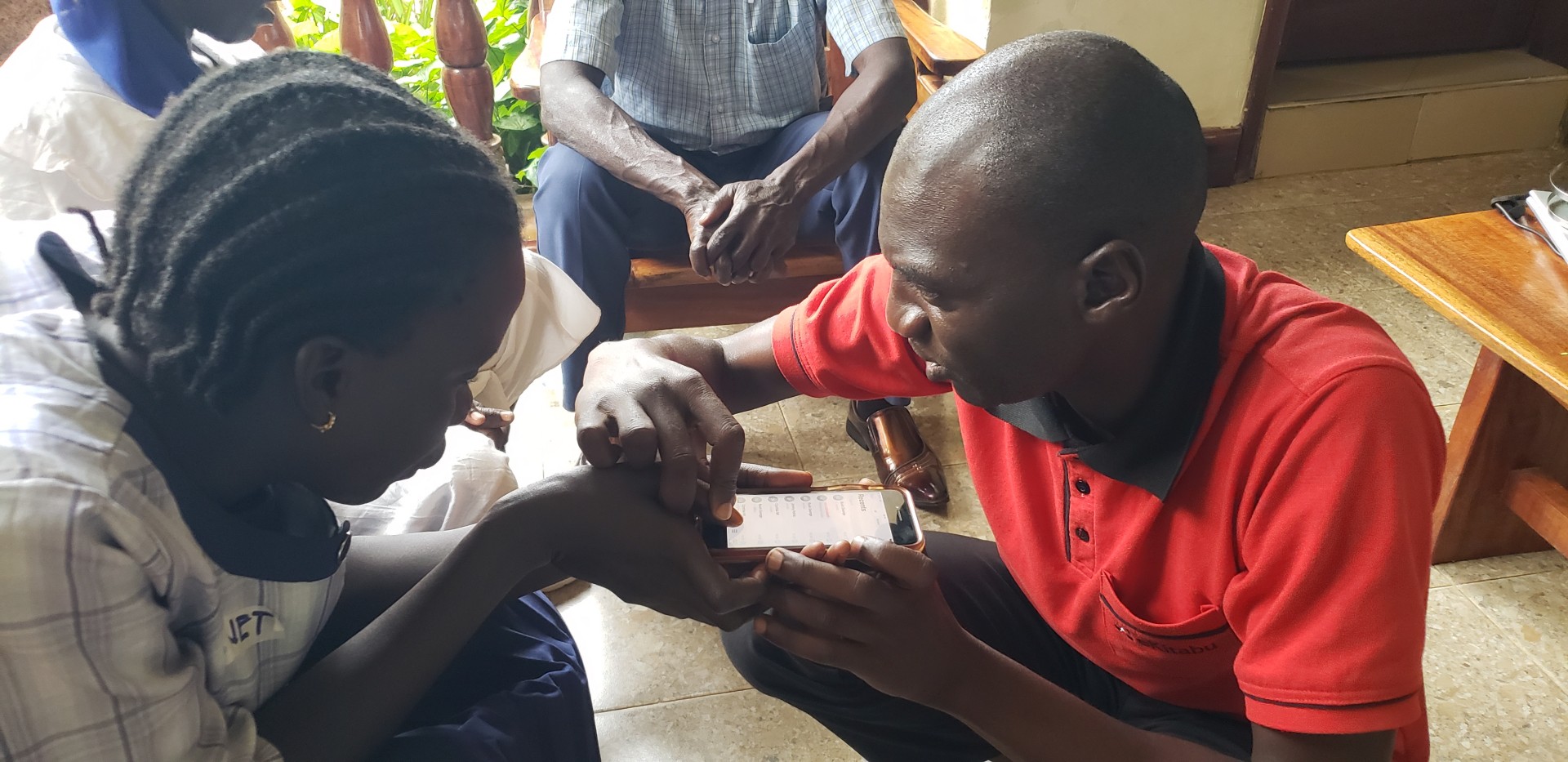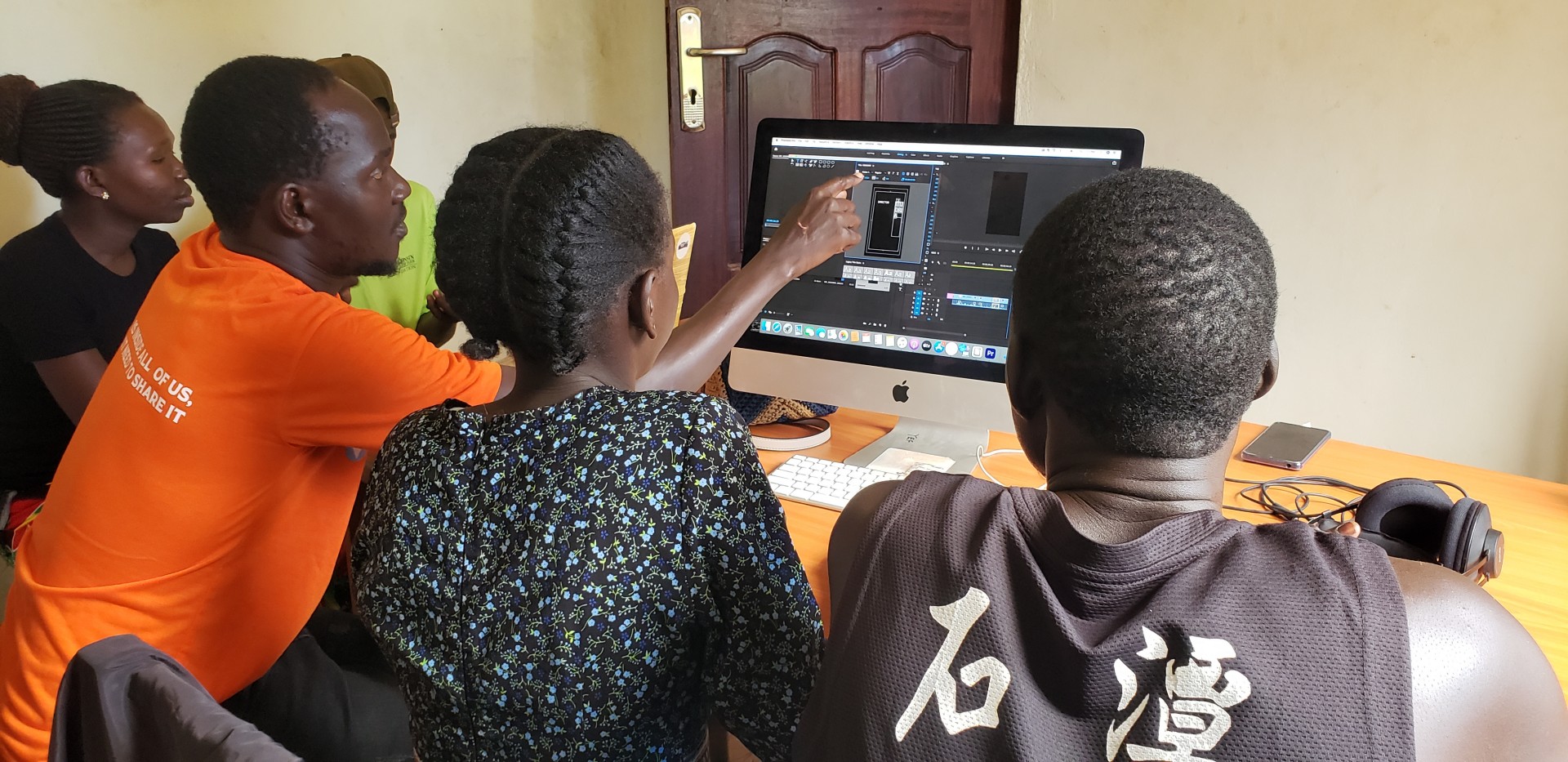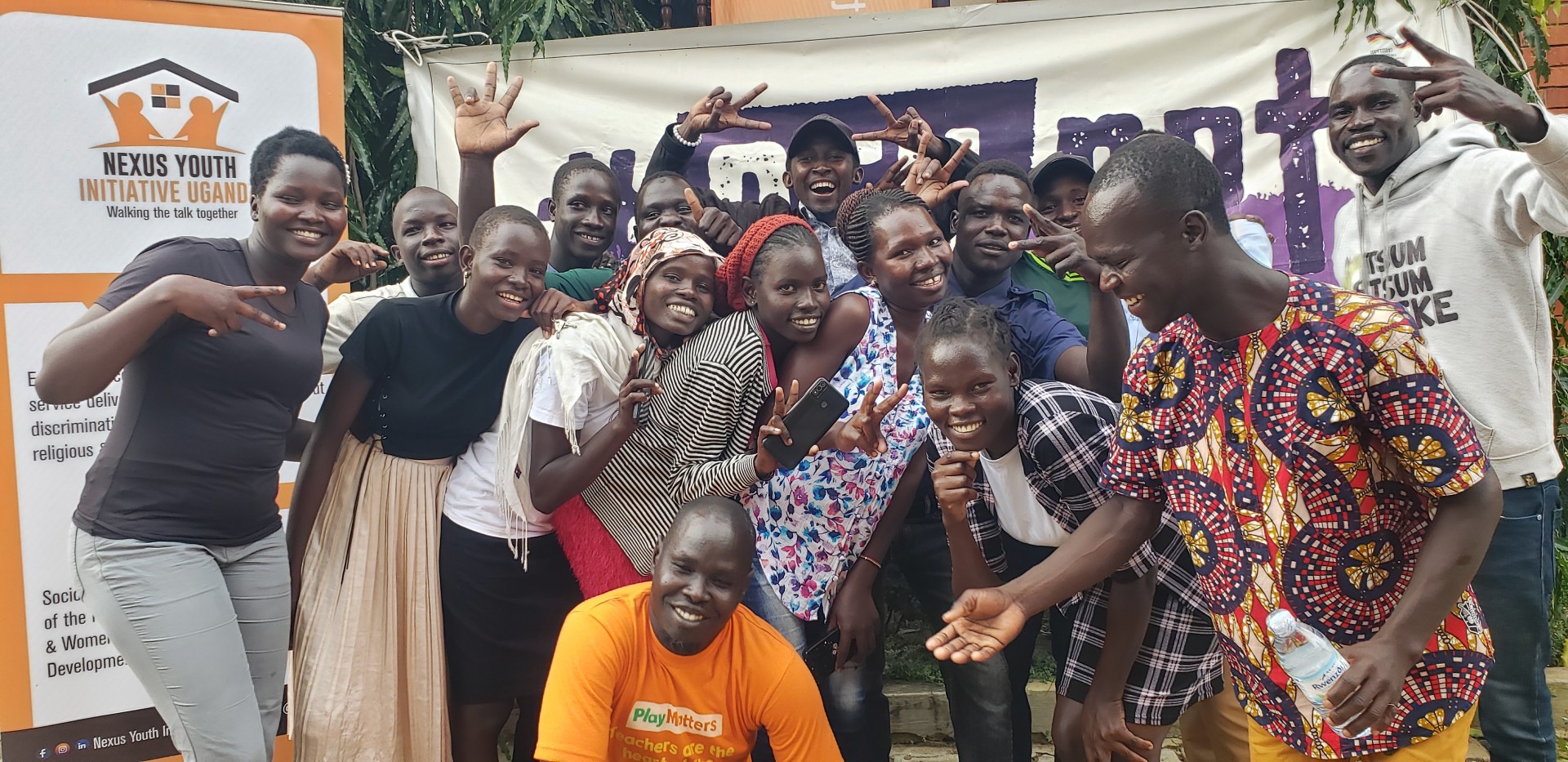Bridging Ability and Access Through Media in Adjumani
In the heart of Adjumani, Nexus Community Hub is quietly reshaping what inclusion looks like, through skills, connection, and creative agency. Their project takes on a challenge that’s often overlooked in community innovation spaces: how to ensure people with disabilities, including the deaf, blind and those with physical impairments, are not left out of the digital revolution.
“Inclusion is not an afterthought, it’s the foundation of community resilience.”
— Nexus Hub Team
Nexus believes that everyone deserves the tools to tell their own story, build their livelihood, and take part in community life, whatever their abilities. The guiding questions behind the project are deeply practical:
How can a blind artisan promote their products online?
How can a deaf youth join digital conversations meaningfully?
These questions drive Nexus’s work to differentiate training for distinct ability groups, for example, integrating screen readers for blind participants and visual storytelling tools for deaf participants. It’s not about teaching “special” programs, it’s about redesigning inclusion from the ground up.
“We’re not just talking about access. We’re talking about participation, real, meaningful, creative participation.”
— Wani Amos, Nexus Hub Founder

From Grassroots Enterprise to Inclusive Innovation
Born out of local entrepreneurship and community training initiatives, Nexus youth initiative Uganda began as a small organisation focused on youth and women’s livelihood development. Over time, their work expanded into digital access, media literacy, and social inclusion.
Their current focus, supporting people with disabilities (PWDs) to gain practical media and business skills, emerged from collaborations through the Voices of Resilience project, a four-way partnership involving Yine, Mari, Eva, and the #ASKnet network.
Over the past year and a half, Nexus has honed its approach, developing tailored training modules for participants with different accessibility needs. This means designing adaptive learning tools for deaf, blind, and physically disabled learners, ensuring that technology becomes a bridge, not a barrier.
Their work explores how accessible media training can unlock entrepreneurship and self-expression for people with disabilities.
Participants learn:
- How to use assistive technology and accessible software tools
- How to communicate through adapted social media platforms
- How to create digital content that tells their story and showcases their work — from handmade shoes to community crafts

Anchored in Community
Nexus youth initiative Uganda operates from a small training hut in Adjumani, but its reach extends across the region. The organisation is deeply embedded in local disability networks, working closely with associations of blind and deaf community members.
This proximity and trust are key. Nexus isn’t an outsider bringing services to people with disabilities, it’s part of the same fabric of community, known and trusted by those it serves. Their approach combines empathy with entrepreneurship: equipping participants not just with skills, but with confidence and connection to take part in social and economic life.

Looking Ahead
As a new member of the #ASKnet community, Nexus offers an important evolution in open knowledge networks, ensuring inclusivity provides access for all abilities.
Future plans include:
- Expanding adaptive training resources for PWDs in other settlements
- Building partnerships with inclusive education centres and radio networks
- Developing an open guide on “Media Accessibility in Community Contexts” for local trainers
Nexus is proof that innovation doesn’t always start with new technology, sometimes, it starts with a simple commitment to see everyone.